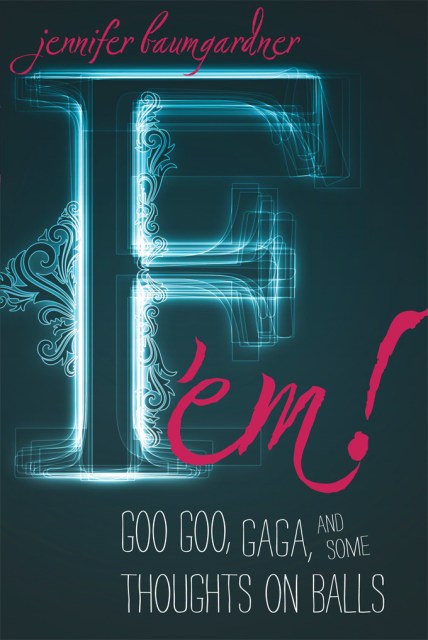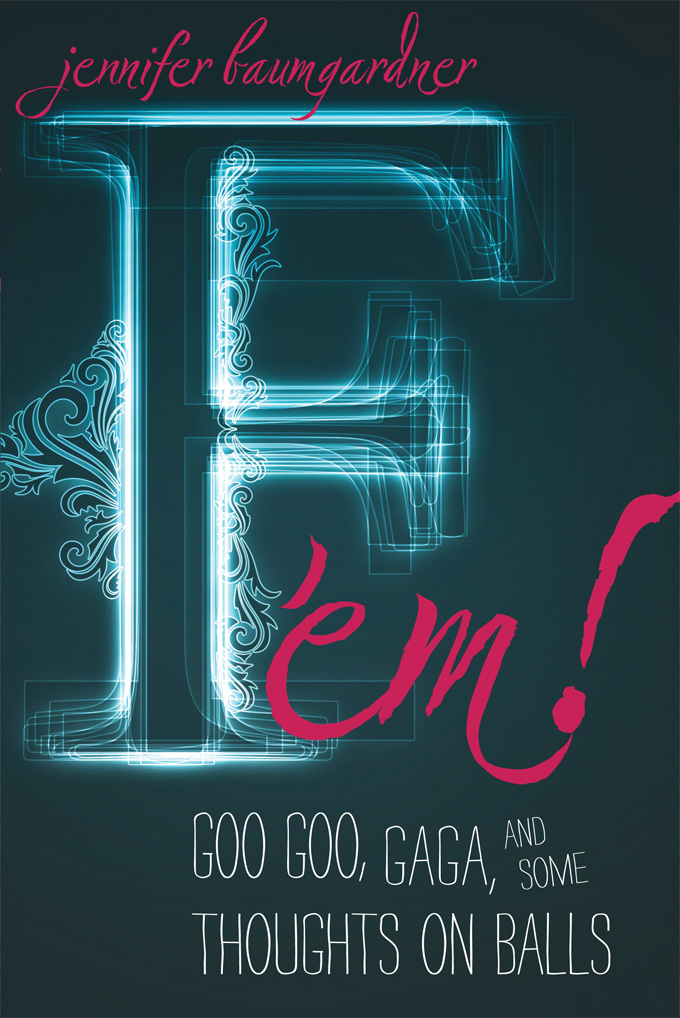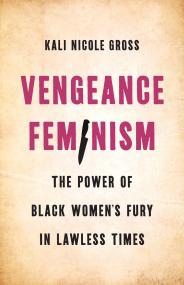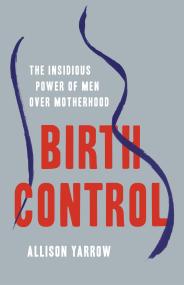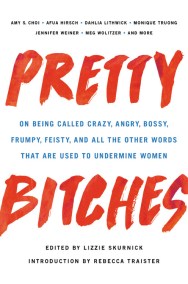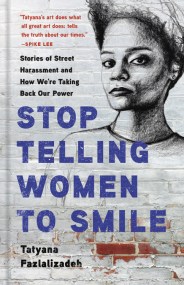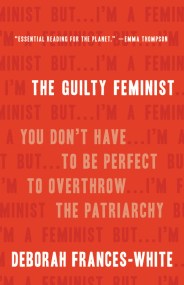By clicking “Accept,” you agree to the use of cookies and similar technologies on your device as set forth in our Cookie Policy and our Privacy Policy. Please note that certain cookies are essential for this website to function properly and do not require user consent to be deployed.
F ’em!
Goo Goo, Gaga, and Some Thoughts on Balls
Contributors
Formats and Prices
- On Sale
- Sep 27, 2011
- Page Count
- 256 pages
- Publisher
- Seal Press
- ISBN-13
- 9781580054232
Price
$9.99Price
$12.99 CADFormat
Format:
- ebook $9.99 $12.99 CAD
- Trade Paperback $19.99 $25.99 CAD
This item is a preorder. Your payment method will be charged immediately, and the product is expected to ship on or around September 27, 2011. This date is subject to change due to shipping delays beyond our control.
Buy from Other Retailers:
From Jennifer Baumgardner, one of the leading voices of Third Wave feminism, comes this provocative, thoughtful, often funny collection of essays and interviews that offers a state of the union on contemporary feminist issues.
F 'em! is a mix of old and new essays by Baumgardner, ranging in tone from laugh-out-loud confessional to sobering analysis. She investigates topics as varied as purity balls, sexuality, motherhood, and shared breastfeeding; rape, reproductive rights, and the future of feminism. The essays in F 'em! are rounded out by candid one-on-one interviews with leading feminists who have influenced Baumgardner's perspectives—including Riot Grrrls' Kathleen Hanna, Native American activist Winona LaDuke, transgender activist Julia Serano, and artists like Ani DiFranco, Björk, and Amy Ray. At turns intimate, fierce, philosophical, and funny, they are an intimate window into the minds and hearts of Third Wave pioneers. Holding it all together is Baumgardner's insightful thinking about what it means to be a feminist today, as she answers frequently-asked questions: What does it mean to be a woman today? Do we even need feminism anymore?
Thought-provoking and cutting-edge, F 'em! provides a clearer and more complete understanding of feminism—its past, its present, and its future.
Newsletter Signup
By clicking ‘Sign Up,’ I acknowledge that I have read and agree to Hachette Book Group’s Privacy Policy and Terms of Use
